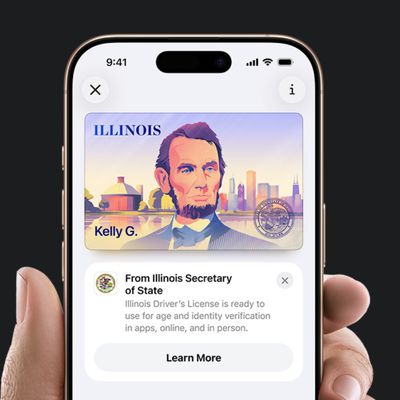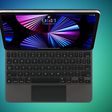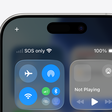A Japanese court ruled today that Apple's iPhone 4s, iPhone 4 and iPad 2 do not infringe on Samsung's data communication patents, reports Bloomberg. Tokyo District Court Judge Koji Hasegawa handed down the decision in the infringement case, which was originally filed by Samsung in April 2011.

Samsung said in a statement emailed to Bloomberg that it was disappointed by the decision and may consider an appeal, while Apple has not yet commented on the ruling.
“We are disappointed by the court’s decision,” Samsung said in an e-mailed statement earlier today. “Upon a thorough review of the ruling, we will determine which measures to take, including an appeal.”
This is one of several patent infringement lawsuits filed by the two technology giants in recent years. Apple scored the biggest win when it was awarded $890 million in a high-profile case that was presided over by Judge Lucy Koh in the United States District Court in the Northern District of California.
A second U.S. patent infringement lawsuit is set to begin on March 31, with Apple seeking up to $40 per unit in damages if Samsung is found guilty of infringing all five of Apple's software patents.





















Top Rated Comments
-- Neither company thought the features were primary
They also noted that neither company had ever even included any of the features in their buyer surveys, at least not until they needed evidence for the trial.
In other words, the features weren't even on Apple's own top list of reasons why people buy their devices.
-- Apple's expert's patent value survey had ridiculous results
Something I haven't seen reported on much, was the survey that an Apple-hired expert came up with, which was supposed to be Apple's evidence as to the extreme value of their patents.
It was criticized by the judges for lacking balance in its questions, and for not including alternative feature methods.
His survey came to the conclusion that people would pay up to $422 EXTRA for the features used on a $199 smartphone.
No, I'm not kidding. You can't make this stuff up. But it gets better.
The appellate court judges pointed out that his survey had used visual manipulation methods which he himself had written a paper on back in 2004 as being misleading. Oops!
--
In the end, Apple could not prove any loss of profits due to those features.
Yes, but my point is that this is not really face saving. Maybe once, but how many losses can be blamed on a system. That is why I was suggesting that it is time to go away from 101 and graduate to 301 -- the art mediation, negotiation and compromise. If the two wanted, they could make a deal an solve all the silliness. The bigger problem is that with each loss, Samsung loses leverage for negotiation, so the long they wait, the worse off their terms will be in any eventual deal.
I addressed you and the subject directly, but I'll go ahead and say it again.
Looking at what the competition is doing isn't definitive proof that you're copying. It's simply "look at what they're doing better than us. How can we improve".
That design document wasn't as much of a smoking gun as you think it was.